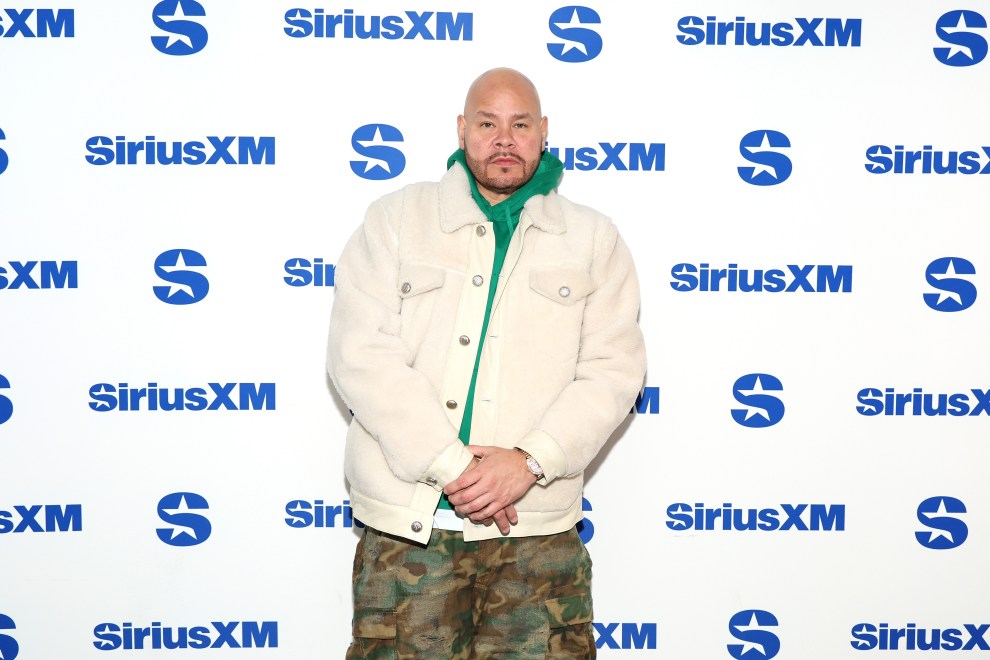Hip-hop’s evolution has served as a mirror to the cultural landscape. Recently, Fat Joe initiated a discourse within the hip-hop sphere by addressing what he perceives as an increasing presence of ‘femininity’ in the genre. Comparing today’s scene to his earlier days, Fat Joe expressed nostalgia for the rugged, masculine persona that characterized hip-hop during his era. He noted a discernible shift towards a more diverse and inclusive portrayal of gender and sexuality in contemporary hip-hop.
“In my era, we wouldn’t have seen that,” Fat Joe remarked, pointing to the rising visibility of artists challenging traditional gender norms. While acknowledging the significance of diversity and artistic freedom, he pondered whether these changes deviate from hip-hop’s foundational ethos.
Fat Joe’s remarks have elicited varied responses from fans and peers. Some lauded his candor, echoing a sentiment to preserve hip-hop’s authenticity. Others criticized his stance as disconnected from the genre’s evolution towards inclusivity and acceptance.
Hip-hop, a reflection of its creators’ realities, has witnessed a notable shift towards artists being vocal about issues of gender identity, sexuality, and self-expression, pushing boundaries in unprecedented ways.
While Fat Joe’s comments may have sparked controversy, they underscore an ongoing dialogue within the hip-hop community regarding the genre’s trajectory and values. As hip-hop continues to evolve, it’s imperative to embrace and celebrate the diverse voices and perspectives that enrich its fabric, regardless of their alignment with traditional notions of masculinity.
In essence, Fat Joe’s exploration of the rising ‘femininity’ in hip-hop mirrors broader discussions within the genre about identity, representation, and authenticity. While rooted in nostalgia, his remarks highlight the fluid and nature of hip-hop’s evolution, capable of reflecting the multifaceted human experience.

